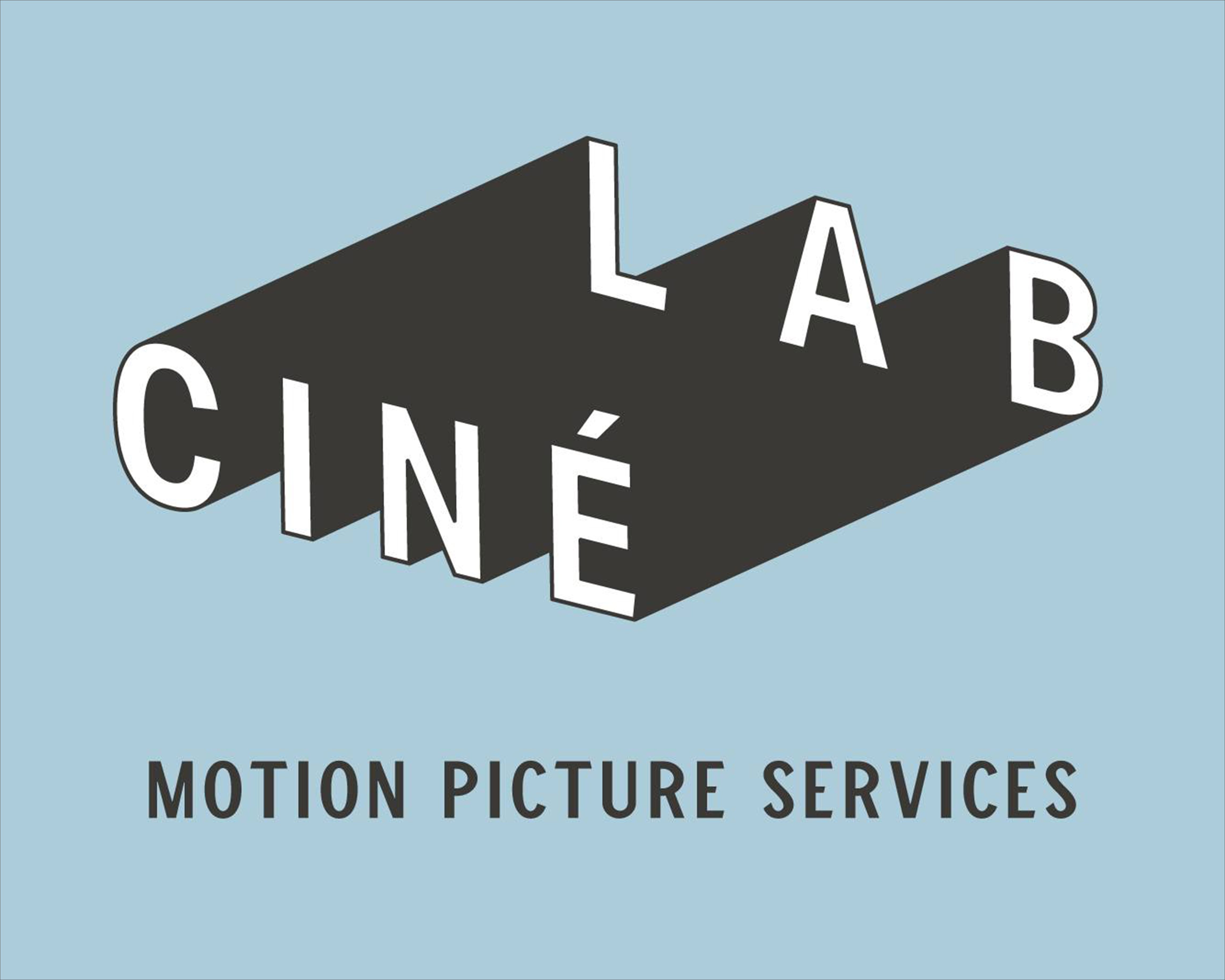So I'm sure that as everybody writes their scripts, they may get to the end of the movie and realize, "holy crap! my protagonist is kind of a wuss!" I just had this revelation, and asked somebody about it. Kevin Willmott, one of my professors at University of Kansas, as well as my good friend, a producer we'll call AIP, suggested this to me:
The midpoint is the crux of the movie.
Now, I'm not normally a conventional guy. I mean, the first book I read about screenwriting had a whole subsection devoted to the setting-sun-to-fried-egg-yolk dissolve and how, if you ever write this, you will burn in hell forever (The book, if anybody is wondering, is Tom Lazarus's book Secrets of Film Writing). He does not believe in the traditional tree-act structure, at least any more than it needs to be learned in order to study screenplays of old.
So this is where I am coming from. I know, I know. I've probably destroyed my future career by reading the book by the guy that makes his living writing and directing for the Playboy channel but give me a break. He did write Stigmata, the highest grossing film the summer it was released. But, I digress...
Anyway, Prof. Willmott suggested to me to think of the midpoint as that all-important point in the movie, where MULTIPLE things should (I replace "must" here with "should" because neither of us is arrogant enough to make this claim. Right? *rhetorical question). And here are those things, in no particular order, that the midpoint should do:
1. Your audience MUST like and/or sympathize with your protagonist by the midpoint. If not, they feel cheated, and want their $8 back. Secondly, it sets up the rest of the script, as I will explain with point number 3, for no reason other than I want it to be #3 instead of #2.
2. The midpoint should define the hero's journey.
3. Going back to what I was saying at #1, the midpoint is the point where your audience MUST like your protagonist. The whole first half is spent exploring the world the PROTAGONIST lives in. Keep in mind that they are ignorant of the whole rest of the world you have created for them. They have discovered that there is a conspiracy, there is a girl, there is a nuclear bomb about to go off in their toilet, whatever. The midpoint is when the character has put up with everything, but isn't sure what to do next. This tradition goes back to Shakespeare. Think about "Hamlet." The young prince decides, AT THE MIDPOINT, that he must take fate into his own hands. The whole first part of the play is gathering information, and Hamlet reacting to what's going on. The second half is the exciting half.
Basically, what I'm saying, is that THE MIDPOINT IS THAT POINT IN THE PROTAG'S JOURNEY WHERE HE/SHE/IT DECIDES TO TAKE FATE INTO THEIR OWN HANDS AND DO SOMETHING ABOUT THE PROBLEM AT HAND! Read Hamlet if you haven't. You'll understand. This is why it's important that the audience like the protag by now, because now THEY have a vested interest in what happens to them, and genuinely wants to see them succeed.
As you can see, the midpoint is the most important point in a screenplay. Work towards it, and you've only got action to worry about, because the audience already loves your protag.
So a lot of this sounded exactly the same, but I tried my best.
-T
P.S. - Tom Lazarus's book actually is really awesome. If you haven't had a chance to read it, I highly suggest you do. It's not only VERY entertaining t oread (he tells some great stories), but it gives a new spin on screenwriting.
The midpoint is the crux of the movie.
Now, I'm not normally a conventional guy. I mean, the first book I read about screenwriting had a whole subsection devoted to the setting-sun-to-fried-egg-yolk dissolve and how, if you ever write this, you will burn in hell forever (The book, if anybody is wondering, is Tom Lazarus's book Secrets of Film Writing). He does not believe in the traditional tree-act structure, at least any more than it needs to be learned in order to study screenplays of old.
So this is where I am coming from. I know, I know. I've probably destroyed my future career by reading the book by the guy that makes his living writing and directing for the Playboy channel but give me a break. He did write Stigmata, the highest grossing film the summer it was released. But, I digress...
Anyway, Prof. Willmott suggested to me to think of the midpoint as that all-important point in the movie, where MULTIPLE things should (I replace "must" here with "should" because neither of us is arrogant enough to make this claim. Right? *rhetorical question). And here are those things, in no particular order, that the midpoint should do:
1. Your audience MUST like and/or sympathize with your protagonist by the midpoint. If not, they feel cheated, and want their $8 back. Secondly, it sets up the rest of the script, as I will explain with point number 3, for no reason other than I want it to be #3 instead of #2.
2. The midpoint should define the hero's journey.
3. Going back to what I was saying at #1, the midpoint is the point where your audience MUST like your protagonist. The whole first half is spent exploring the world the PROTAGONIST lives in. Keep in mind that they are ignorant of the whole rest of the world you have created for them. They have discovered that there is a conspiracy, there is a girl, there is a nuclear bomb about to go off in their toilet, whatever. The midpoint is when the character has put up with everything, but isn't sure what to do next. This tradition goes back to Shakespeare. Think about "Hamlet." The young prince decides, AT THE MIDPOINT, that he must take fate into his own hands. The whole first part of the play is gathering information, and Hamlet reacting to what's going on. The second half is the exciting half.
Basically, what I'm saying, is that THE MIDPOINT IS THAT POINT IN THE PROTAG'S JOURNEY WHERE HE/SHE/IT DECIDES TO TAKE FATE INTO THEIR OWN HANDS AND DO SOMETHING ABOUT THE PROBLEM AT HAND! Read Hamlet if you haven't. You'll understand. This is why it's important that the audience like the protag by now, because now THEY have a vested interest in what happens to them, and genuinely wants to see them succeed.
As you can see, the midpoint is the most important point in a screenplay. Work towards it, and you've only got action to worry about, because the audience already loves your protag.
So a lot of this sounded exactly the same, but I tried my best.
-T
P.S. - Tom Lazarus's book actually is really awesome. If you haven't had a chance to read it, I highly suggest you do. It's not only VERY entertaining t oread (he tells some great stories), but it gives a new spin on screenwriting.





